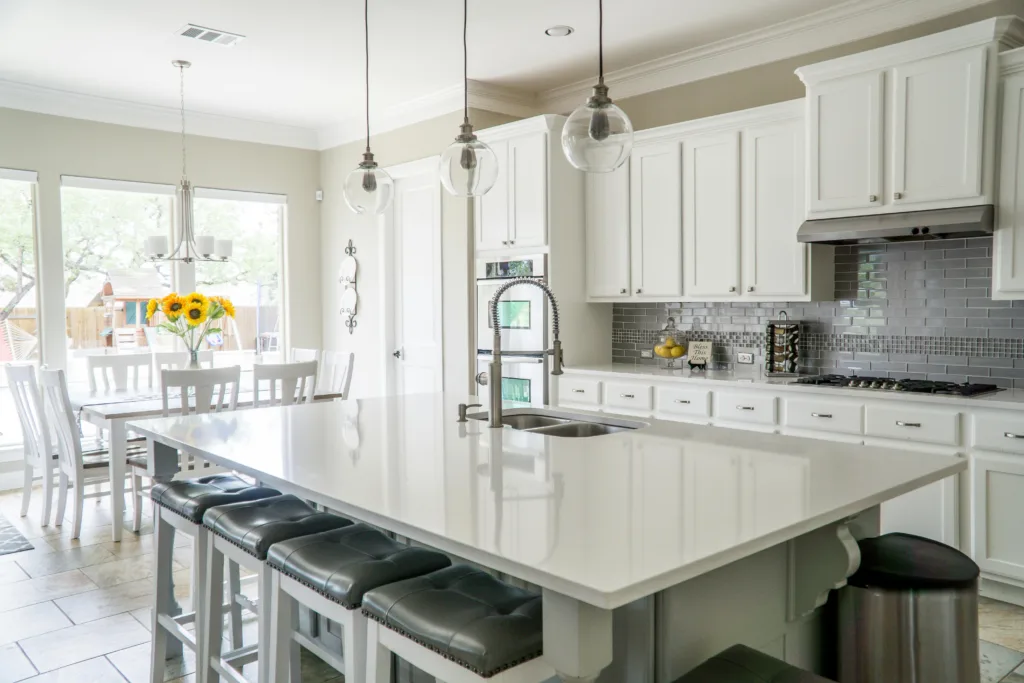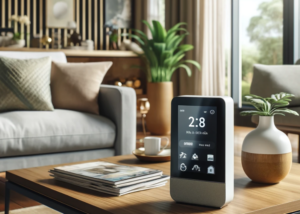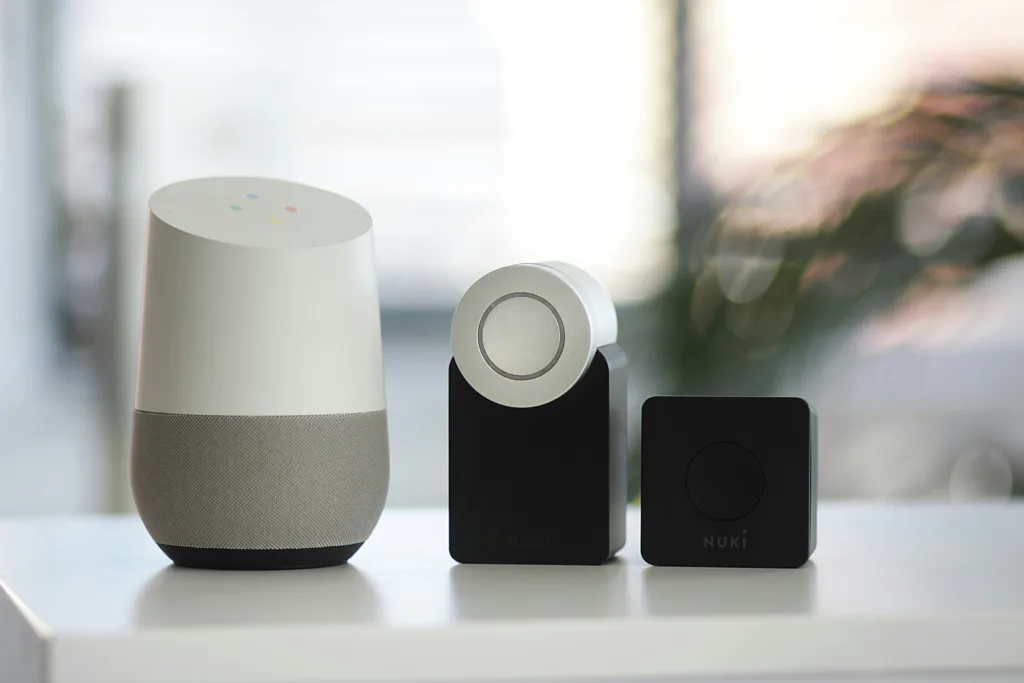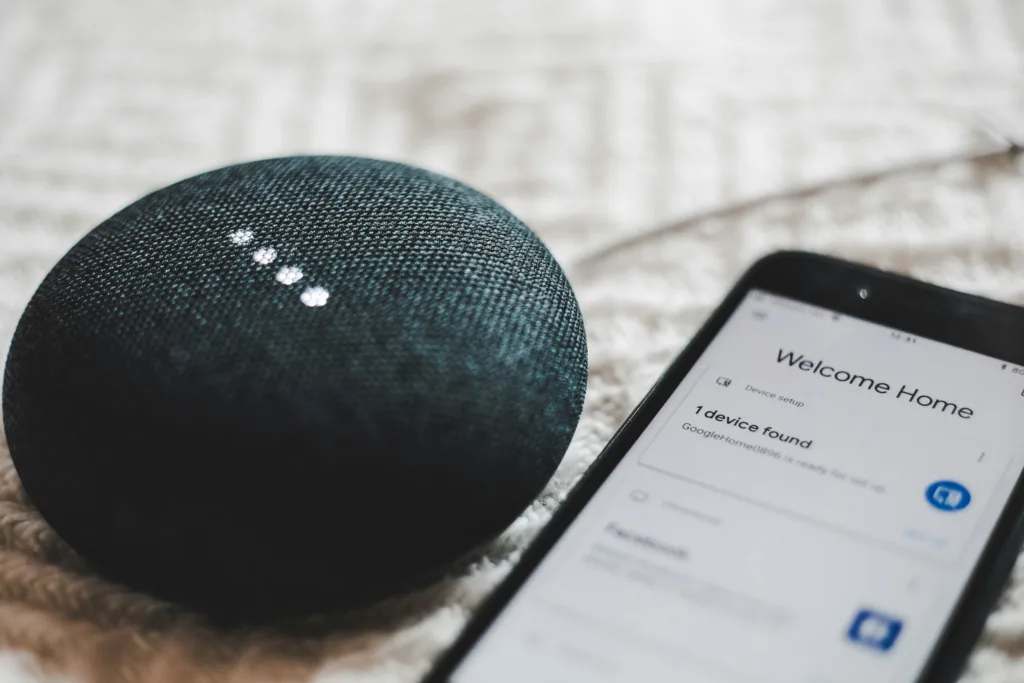
The kitchen is the heart of the home, where culinary creativity meets family gatherings. With the rapid advancement of technology, smart kitchen appliances are revolutionizing how we cook, eat, and entertain. The popularity of it is undeniable. According to Statista the smart kitchen appliance market is forecast to grow between 2020 and 2028. In 2020, the size of this market amounted to around 13.79 billion U.S. dollars, and it is forecast to reach a revenue of over 47 billion U.S. dollars by 2028, growing at a CAGR of 19.2 percent.This article delves into the future of cooking, exploring the benefits, latest innovations, and potential challenges of smart kitchen appliances.
The Rise of Smart Kitchen Appliances
Convenience and Efficiency
Smart kitchen appliances are designed to make cooking more convenient and efficient. According to a report by Statista, the global market for smart kitchen appliances is expected to reach $2.7 billion by 2023, reflecting a growing consumer interest in these technologies . These appliances are equipped with advanced features such as voice control, automated cooking settings, and remote monitoring via smartphone apps. For instance, Whirlpool’s Smart Oven allows users to start, stop, and adjust cooking settings remotely, ensuring that meals are ready when needed.
Energy Efficiency
Energy efficiency is another critical benefit of smart kitchen appliances. Smart ovens can adjust their cooking temperature based on the type of food, ensuring optimal energy use. The U.S. Department of Energy states that energy-efficient appliances can reduce household energy consumption by 10-50% . For example, the GE Profile smart dishwasher uses soil sensors to adjust water usage, making it both eco-friendly and cost-effective.
Health and Wellness
Smart kitchen appliances can also promote healthier eating habits. Smart refrigerators track food inventory, suggest recipes based on available ingredients, and monitor the expiration dates of perishables. A study by the National Institute of Health found that households with smart refrigerators waste 20% less food compared to those with traditional fridges . Additionally, devices like the NutriBullet Balance connect to apps that track nutritional intake and suggest personalized smoothie recipes, helping users maintain a balanced diet.
Latest Innovations in Smart Kitchen Appliances
Smart Refrigerators
Smart refrigerators are at the forefront of kitchen innovation. Brands like Samsung and LG have introduced models with touchscreens, internal cameras, and AI-powered food management systems. Samsung’s Family Hub refrigerator, for example, features a touchscreen that can display calendars, play music, and even mirror your TV. It also has internal cameras that allow users to see the contents of their fridge from their smartphone, receive notifications when they are running low on essentials, and get recipe suggestions based on what’s inside.
Smart Ovens and Ranges
Smart ovens and ranges offer precision cooking like never before. The June Oven, for example, uses a combination of high-definition cameras, food recognition technology, and a powerful computer to cook food perfectly every time. According to a Consumer Reports study, 70% of users reported improved cooking results with smart ovens compared to traditional models . Another example is the Tovala Smart Oven, which can scan QR codes on meal kits and cook them perfectly using the right combination of baking, broiling, and steaming.
Smart Dishwashers
Smart dishwashers are designed to optimize water and energy use. They can detect the level of dirt on dishes and adjust the washing cycle accordingly. Bosch’s Home Connect app allows users to control and monitor their dishwasher remotely, providing convenience and efficiency. Some models even have self-cleaning filters and can send notifications when it’s time to add more detergent.
Voice-Activated Assistants
Integrating voice-activated assistants like Amazon Alexa and Google Assistant with kitchen appliances is becoming increasingly popular. These assistants can set timers, convert measurements, and even control other smart appliances. A survey by Voicebot.ai found that 45% of smart speaker owners use their devices for kitchen-related tasks . For example, users can ask Alexa to preheat the oven or check the status of their dishwasher, making multitasking in the kitchen much easier.
Challenges and Considerations
Cost
One of the main barriers to adopting smart kitchen appliances is cost. These appliances are typically more expensive than their traditional counterparts. For example, a smart refrigerator can cost upwards of $3,000, while a standard model may be available for less than $1,000. However, as technology advances and becomes more mainstream, prices are expected to decrease. Additionally, the long-term savings on energy bills and the convenience they offer may justify the initial investment for many consumers.
Privacy and Security
Privacy and security are significant concerns with smart appliances. Since these devices are connected to the internet, they are vulnerable to hacking. A report by Consumer Reports highlighted that 54% of Americans are concerned about the privacy risks associated with smart home devices . Manufacturers need to implement robust security measures to protect user data, such as end-to-end encryption and regular software updates. Users should also be educated on best practices for securing their smart home networks.
Compatibility and Integration
Another challenge is the compatibility and integration of different smart appliances. Not all devices work seamlessly together, which can be frustrating for users. The development of universal standards for smart home devices could help mitigate this issue. Organizations like the Connectivity Standards Alliance (CSA) are working on creating such standards to ensure that devices from different manufacturers can communicate and work together effectively.
The Future of Smart Kitchens
The future of smart kitchens looks promising, with continuous advancements in AI, machine learning, and IoT technologies. Here are some trends to watch:
AI and Machine Learning
AI and machine learning will play a crucial role in the evolution of smart kitchen appliances. These technologies can learn user preferences and cooking habits, providing personalized recommendations and improving appliance performance over time. For instance, future smart ovens might learn your favorite recipes and automatically adjust cooking times and temperatures to suit your preferences.
Sustainability
Sustainability will be a significant focus in the development of smart kitchen appliances. Future appliances are expected to be more energy-efficient and made from eco-friendly materials. Innovations like smart composting units and zero-waste cooking solutions could become mainstream. Companies like Electrolux are already exploring ways to incorporate recycled materials into their appliances, reducing their environmental impact.
Enhanced User Experience
The user experience will continue to improve with more intuitive interfaces and seamless integration of appliances. Augmented reality (AR) and virtual reality (VR) could also enhance the cooking experience, providing step-by-step cooking guides and virtual cooking classes. Imagine wearing AR glasses that overlay instructions on your countertop, guiding you through complex recipes with ease.
Conclusion
Smart kitchen appliances are transforming the way we cook and interact with our kitchens. They offer numerous benefits, including convenience, energy efficiency, and improved health and wellness. However, challenges such as cost, privacy concerns, and compatibility issues need to be addressed. As technology continues to advance, the future of cooking looks brighter and more innovative than ever.
Learn more about Smart Home in the articles below:




